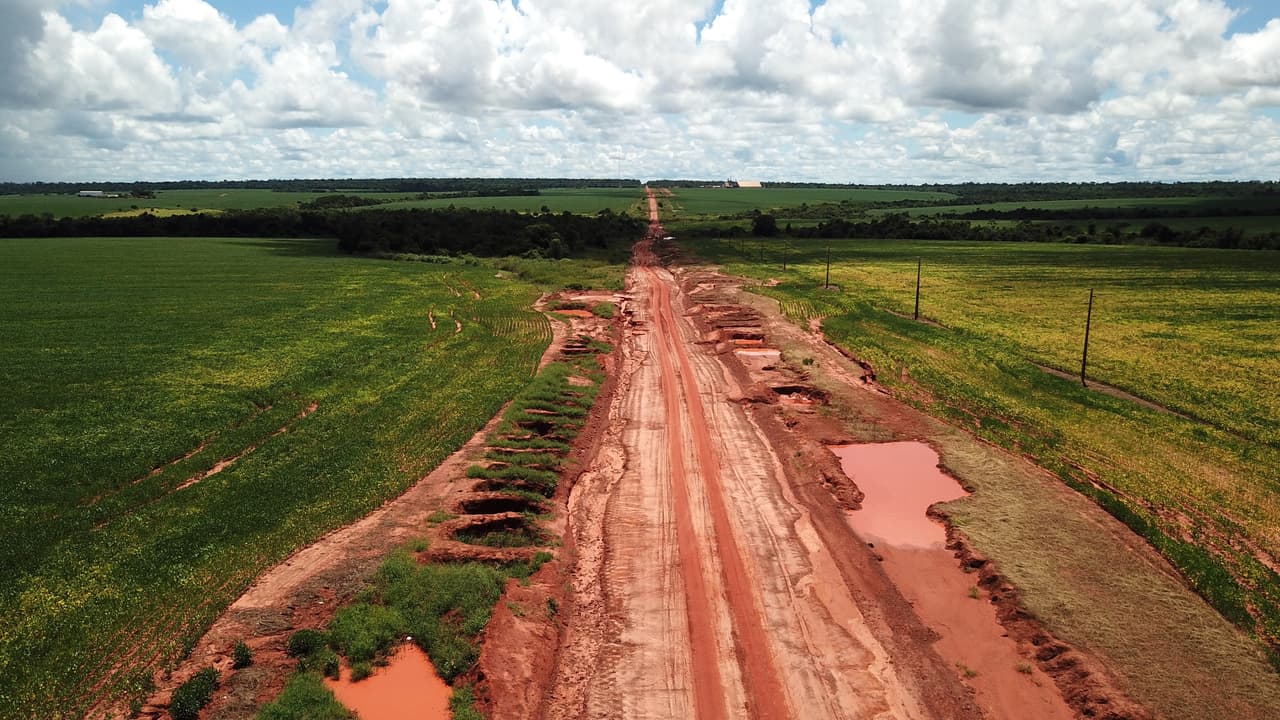
Brazil’s presidential election is a vote for the future of the planet
For most of 2018, the presidential election and characteristic jaw-dropping remarks by the far-right candidate Jair Bolsonaro dominated headlines in Brazil.
From opening up the Amazon for profit to pledging that “not a centimetre [of land] will be demarcated” for Indigenous reserves, he made his intentions clear to Brazilians like me.
And he kept his promises.
In the three years since Bolsonaro took office, environmental enforcement has been slashed and a record low number of fines issued, while deforestation in the Amazon has surged by almost 57%.
What rarely makes the news outside of Brazil, though, is that Bolsonaro supporters are now pushing to vote through at least five pieces of legislation that would directly threaten forests, their peoples and, ultimately, the future of the planet.
The powerful agribusiness lobby in Congress has until the next election, due in October, to approve the bills.
After three tumultuous years, Brazilians will get the chance to vote out Bolsonaro.
The election looks like a two-horse race between Bolsonaro and the leftist Luíz Inácio Lula da Silva, who was the country’s president between 2003 and 2010.
Since last year, polls have forecast a victory for Lula.
And despite all the damage and imminent threats to the environment during Bolsonaro’s administration, the climate crisis is not a decisive factor in this election.
Analysts suggest the result of the polls reflects Bolsonaro’s catastrophic handling of the pandemic. The president has consistently downplayed the risks of the virus, adopted fervent anti-vaccine rhetoric and promoted unproven remedies, such as hydroxychloroquine.
As the Covid-19 crisis intensified – more than 630,000 lives lost so far in Brazil – Bolsonaro’s approval ratings sank to a record low of 19% in late November, with 60% of the population saying he is doing a bad job.
Until then, much of the president’s political resilience has been thanks to an emergency aid scheme that became a lifeline for millions of Brazilians whose incomes were wiped out by lockdowns.
When I visited my hometown, Rio, last month, signs of the country’s worsening economic situation were palpable. A gut-wrenching number of people, including small children, spend their days begging for a few pence to buy food and their nights sleeping rough.
Poverty and unemployment across the country are at the worst levels in a decade under his leadership. And the inflation rate is at its highest since 2015, crushing the population’s purchasing power.
 Chief Damião Paridzané says the people in Marãiwatsédé struggle with the long-term effects of illegal deforestation in their territory
Elisângela Mendonça
Chief Damião Paridzané says the people in Marãiwatsédé struggle with the long-term effects of illegal deforestation in their territory
Elisângela Mendonça
Affording increasingly high monthly bills is a challenge for many families – including mine, which is forced to make the impossible choice between paying for utilities and paying for rent and food.
My visit to Brazil included a road trip covering 800km across three Amazonian states and two time zones to report on the advance of soya plantations towards the rainforest.
Our latest investigation with the Guardian and Unearthed shows how more than 1,000 sq km of the Amazon has been felled on Brazilian soya farms over the past decade, despite an internationally recognised agreement to protect the rainforest.
The trail of destruction left by agribusiness goes beyond dead trees. It fundamentally impacts the livelihood of Indigenous people too, such as those in the Marãiwatsédé land, the most heavily deforested Indigenous territory in the Amazon.
“What we want now is to recover the forest, the nature,” chief Damião Paridzané told me.
Donate to the Bureau
Investigative journalism is vital for uncovering environmental crimes. Help us to tell the stories that matter
Click here to support usThe future of Indigenous people and Brazil’s forests hangs in the balance.
Brazil has what it takes to once again be a global leader in environmental protection, with an economy that is sustainable and benefits more than just a few.
This year’s presidential election is critical for many reasons, not only for my millions of fellow Brazilians and me, but specifically for the future of the Earth. The Amazon and other biodiverse biomes cannot withstand four more years of leadership that puts profit before the planet.
Header image: A dirt road and soya fields cut through the rainforest in Mato Grosso, Brazil. Credit: Pedro Ladeira
Reporters: Elisângela Mendonça
Environment editor: Jeevan Vasagar
Global editor: James Ball
Bureau editor: Meirion Jones
Production editor: Emily Goddard
Impact producer: Grace Murray
Fact checker: Chrissie Giles
Our Food and Farming project is partly funded by Quadrature Climate Foundation and partly by the Hollick Family Foundation. None of our funders have any influence over our editorial decisions or output.




